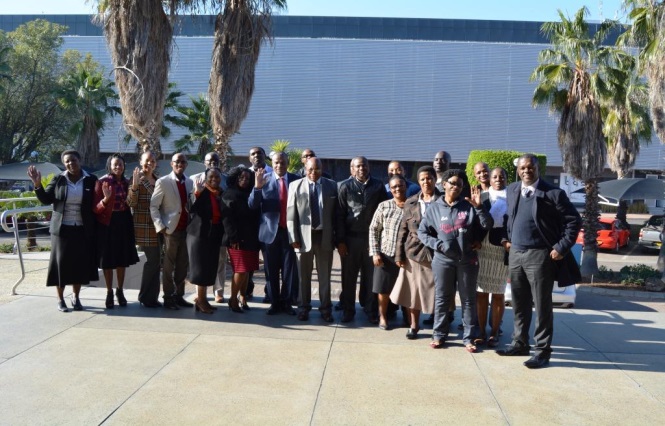
Early next week, WHO will convene a panel of medical ethicists to explore the use of experimental treatment in the ongoing Ebola outbreak in West Africa. Currently there is no registered medicine or vaccine against the virus, but there are several experimental options under development.
The recent treatment of two health workers from Samaritan’s Purse with experimental medicine has raised questions about whether medicine that has never been tested and shown to be safe in people should be used in the outbreak and, given the extremely limited amount of medicine available, if it is used, who should receive it.
“We are in an unusual situation in this outbreak. We have a disease with a high fatality rate without any proven treatment or vaccine,” says Dr Marie-Paule Kieny, Assistant Director-General at the World Health Organization. "We need to ask the medical ethicists to give us guidance on what the responsible thing to do is.”
The gold standard for assessing new medicine involves a series of trials in humans, starting small to make sure the medicine is safe to use. Then, the studies are expanded to more people to see how effective it is, and how best to use it.
The guiding principle with use of any new medicine is ‘do no harm’. Safety is always the main concern.
Media contact:
Gregory Hartl
WHO Department of Communications
Telephone: +41 22 791 44 58
Mobile: +41 79 203 67 15
E-mail: hartlg [at] who.int (hartlg[at]who[dot]int)



